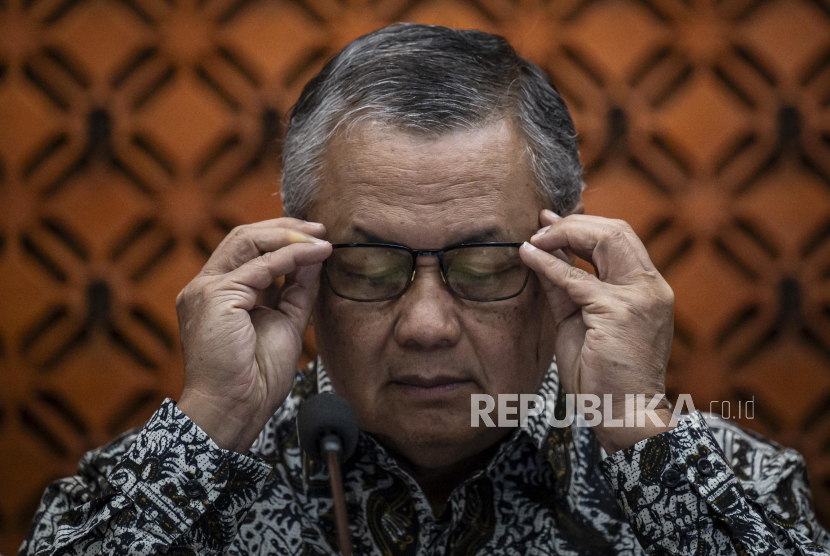REPUBLIKA.CO.ID, JAKARTA -- Bank Indonesia (BI) Governor Perry Warjiyo revealed that the sharia financial sector showed significant growth in the latest report. As of September 2024, sharia financing grew by 11.37 percent (yoy), reflecting its positive contribution to the national economy.
“With a focus on macroprudential policy and support for priority sectors, we are committed to strengthening the role of sharia banking in promoting financial inclusion,” Perry said at the RDG press conference at BI Complex on Wednesday (16/10/2024).
Bank Indonesia is also encouraging the expansion of access and use of sharia financial products as part of a broader policy. This step was taken to support the stability of the national financial system.
Indonesia, with the largest Muslim population in the world, has great potential to develop the sharia financial sector. Despite the rapid growth of the sector, the inclusiveness of sharia finance is still a challenge that needs to be overcome.
Based on the National Survey of Financial Literacy and Inclusion (SNLIK) organized by the Financial Services Authority (OJK) in 2024, the sharia financial literacy rate in Indonesia has only increased by 30 percent to about 39.11 percent, but this is still far below conventional financial literacy which stands at 65.43 percent.
This fairly high increase of sharia financial literacy, however, is not offset by the growth of sharia financial inclusion where in 2024 it stands at 12.88 percent is likely to be stagnant from the previous year and much lower than the conventional financial inclusion index which stands at 75.02 percent.
These data show that there are still many people who lack understanding of the concepts and financial products of sharia, even though they are in a country with a majority Muslim population. In a positive perspective, it can also be seen that there is considerable growth space for Sharia economy and finance. These conditions highlight how important efforts to improve sharia financial literacy are to expand the inclusiveness of the sector.


